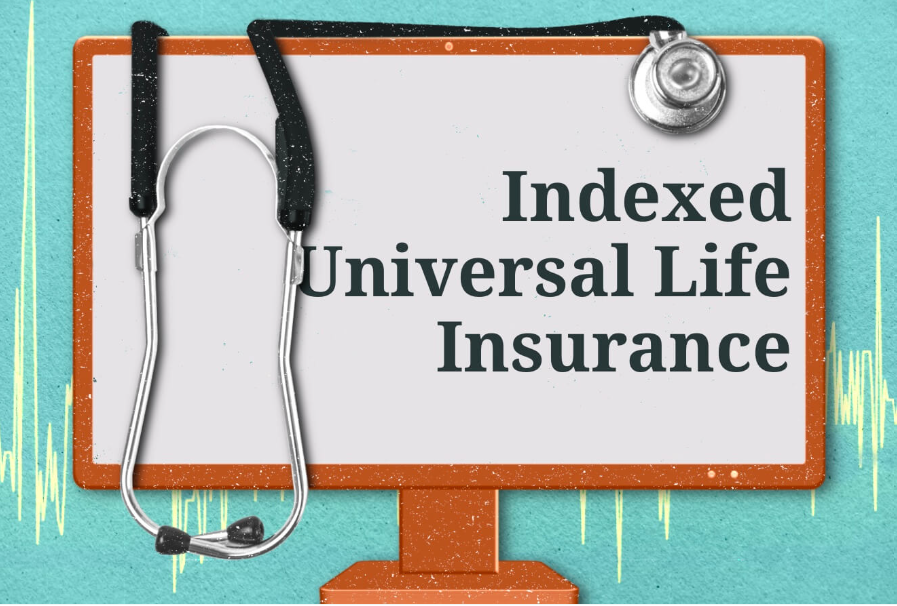Life insurance is a critical component of financial planning, providing financial security to families after the passing of a loved one. Among the various types of life insurance policies available, Indexed Universal Life Insurance (IUL) stands out due to its unique features. This blog post will delve into what Indexed Universal Life Insurance is and outline its advantages and disadvantages to help you determine if it’s the right choice for your family.
What is Indexed Universal Life Insurance?
Indexed Universal Life Insurance is a form of permanent life insurance that remains active as long as the premiums are paid. Unlike term life insurance, which expires after a set period, IUL and other permanent policies like whole life and variable life provide lifelong coverage. A key feature of permanent life insurance is the dual benefit it offers: a death benefit and a cash value component, which grows over time.
IUL policies are distinct because they tie the cash value growth to a stock market index, such as the S&P 500. While this means the cash value can grow based on market performance, there’s a safety net—a minimum guaranteed interest rate ensures that the cash value won’t decline even if the market does. However, to balance this, there is often a cap on the maximum return you can achieve.
Advantages of Indexed Universal Life Insurance
- Market Participation with Downside Protection: The most appealing feature of IUL is the ability to benefit from potential stock market gains without the risk of losing your principal due to market downturns.
- Tax-Free Growth and Benefits: Like a Roth IRA, the cash value in an IUL policy grows tax-free, and beneficiaries receive the death benefit without having to pay income tax.
- Flexibility: IULs offer exceptional flexibility. Policyholders can adjust their premium payments, death benefits, and choose the level of market risk they are comfortable with. Various riders can also be added to tailor the policy further to your needs.
- Loan Options: Policyholders can borrow against the cash value of their IUL policy without facing taxes or penalties. Moreover, there’s typically no requirement to repay the borrowed amount, although this can reduce the death benefit.
Disadvantages of Indexed Universal Life Insurance
- High Fees: IULs can come with high administrative and sales charges, which can eat into the policy’s returns.
- Capped Growth: The cap on maximum returns can limit the growth potential of the cash value, especially in a robust stock market.
- Complexity and Unpredictability: The reliance on stock index performance adds complexity and makes it hard to predict the future value of the policy. Additionally, premium costs can vary over time, which may affect affordability.
Considerations for Selling Your IUL Policy
For policyholders who find the premiums of an IUL too high or the policy no longer suits their needs, selling the policy through a life settlement is an option. In a life settlement, the policy is sold to a third party for a lump sum that is typically greater than the cash surrender value but less than the death benefit. The buyer takes over the premium payments and eventually receives the death benefit.
Conclusion
Indexed Universal Life Insurance offers a blend of risk management and growth potential, with the added benefits of tax advantages and flexibility. However, the complexities and costs associated with IULs might not suit everyone. Understanding both the pros and cons is crucial in determining whether an IUL meets your long-term financial goals.
For those considering the sale of their IUL policy, consulting with a professional like Harbor Life Settlements can provide clarity and assistance in navigating the process, ensuring you maximize the financial benefits of your life insurance policy.



